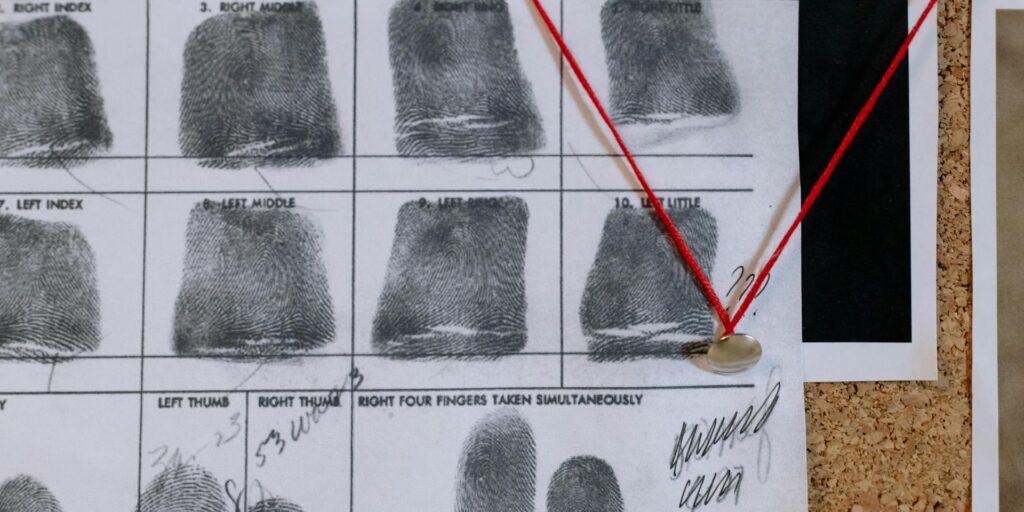- Understanding what ‘party to an offence’ means in criminal law - February 6, 2025
- The crime of extortion can result in a maximum sentence of life in prison - January 23, 2025
- Disclosure: A fundamental right of anyone accused of a crime - December 9, 2024
By LegalMatters Staff • Anyone charged with a criminal offence in Canada has the right to know what evidence investigators have compiled. They can do that by asking for disclosure.
“It will outline the charges laid against you, a summary of the evidence including testimony from witnesses and notes taken by officers during their investigation,” says Calgary criminal lawyer Greg Dunn. “It can also include medical records from the complainant, photographs or video footage and other relevant details about the circumstances of your arrest.”
He says anyone facing charges needs to ask their lawyer to examine the disclosure so that they can prepare a full and fair defence and decide how on what to plead.
“Disclosure must be made in a timely manner and on an ongoing basis,” says Dunn. “That means that the Crown is required to provide you with disclosure before the trial. In addition, they must continue to disclose any new and relevant evidence that comes to light.”
He says duty counsel will provide the disclosure during an accused’s first court appearance or it can be obtained by submitting a written request to the Crown attorney’s office.
“If the Crown fails to fulfill its duty of disclosure to you, your lawyer can seek various remedies,” says Dunn. “These include asking for an adjournment to review the late-disclosed evidence, exclusion of evidence that was not properly disclosed or a stay of proceedings in cases where non-disclosure has impacted the fairness of the trial.”

